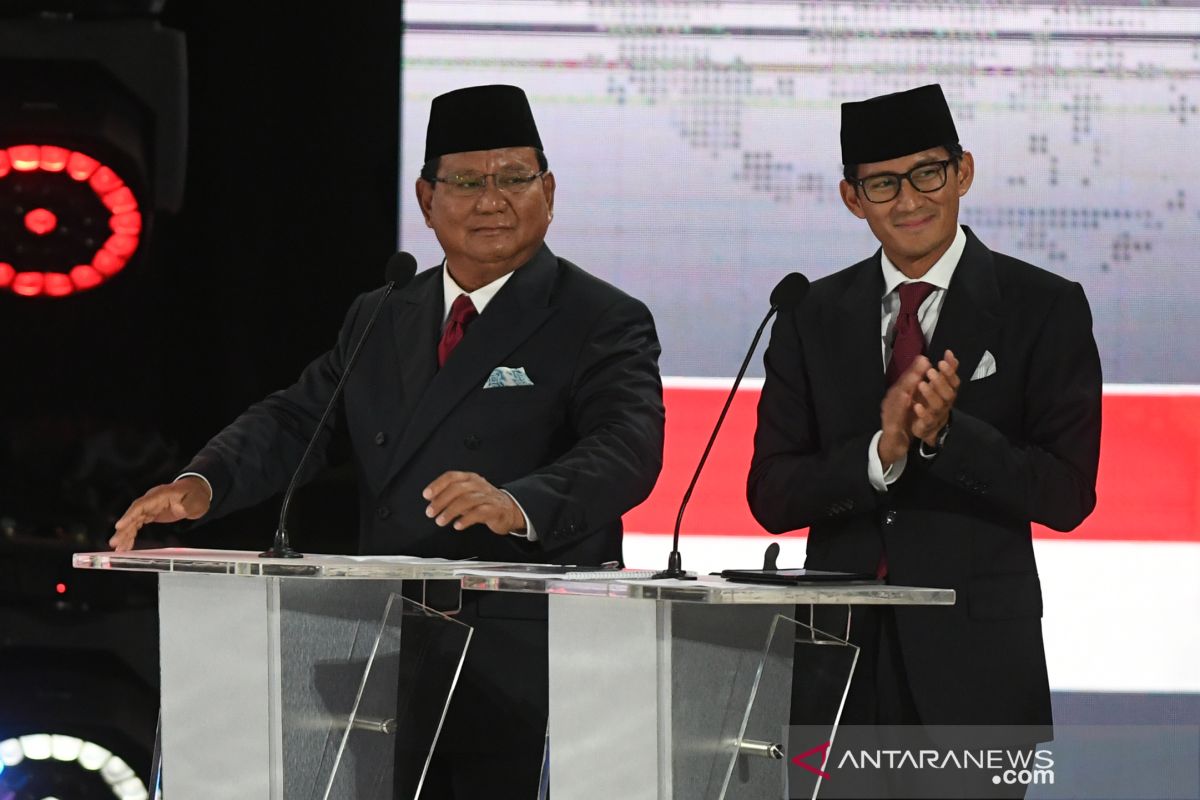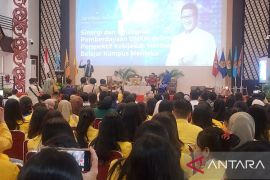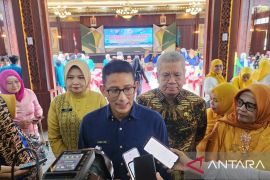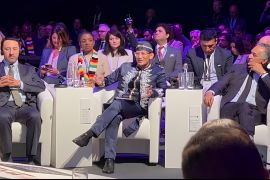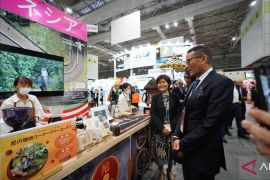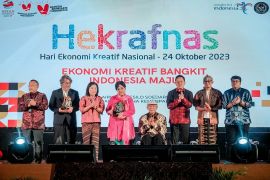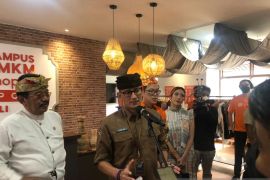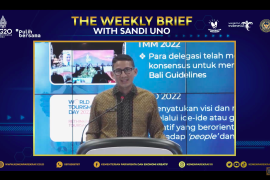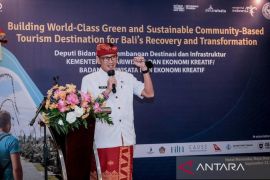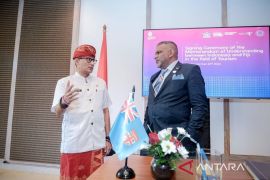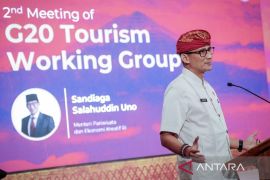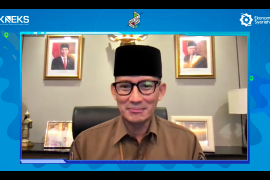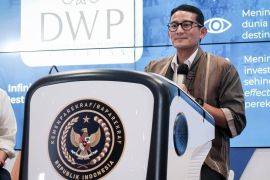The economic growth was not felt by the public because it did not create job opportunities. We call the five percent economic growth as a five percent trapJakarta (ANTARA) - Vice presidential candidate Sandiaga Uno is of the view that the country's economic growth of five percent in 2018 was a trap because it was not in favor of low-income people.
"The economic growth was not felt by the public because it did not create job opportunities. We call the five percent economic growth as a five percent trap," Uno said in the fifth round of the presidential election debate held at Sultan Hotel, here on Saturday.
He said during his campaign rallies in 1,550 locations across the country, he had heard complaints from women, millennials, farmers, fishermen and contract teachers.
Prabowo Subianto and Sandiaga Uno promised that if they won the presidential election, they would create more job opportunities, and control prices of basic needs to significantly ease the economic burdens of low-income people.
The final round of debate between the Joko Widodo (Jokowi)-Ma'ruf Amin and Prabowo Subianto-Sandiaga Uno pairs focused on the economy, social welfare, finance and investment, as well as trade and industry.
Indonesia will organize simultaneous legislative and presidential elections on April 17, 2019, where incumbent presidential candidate Joko Widodo and his running mate Ma'ruf Amin will face challenger Prabowo Subianto and Sandiaga Uno.
For the final debate, the General Elections Commission (KPU) appointed 10 panelists in charge of conjuring up and preparing questions on the issues debated by the duo pairs.
The panelist team comprised economists from various universities and organizations chosen by the KPU, specifically Muhammad Nasi, the Airlangga University rector; Eddy Suratman from the University of Tanjungpura; Muhammad Arief Mufraini from the Syarif Hidayatullah Islamic State University; and Suhartono from Diponegoro University.
Other eminent members of the panel featured Herman Karamoy from Sam Ratulangi University; I Nyoman Mahaendra Yasa from Udayana University; Harif Amali Riva'i from Andalas University; Dermawan Wibisono from Bandung Institute of Technology; Tukiman Taruno Sayoga from Soegijapranata Catholic University; and Rahmi Hertanti, the executive director of Indonesia Global Justice (IGJ).
Translator: Mentari Dwi, Fardah
Editor: Gusti Nur Cahya Aryani
Copyright © ANTARA 2019
